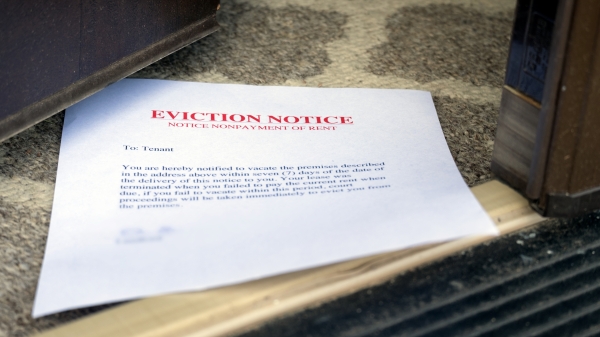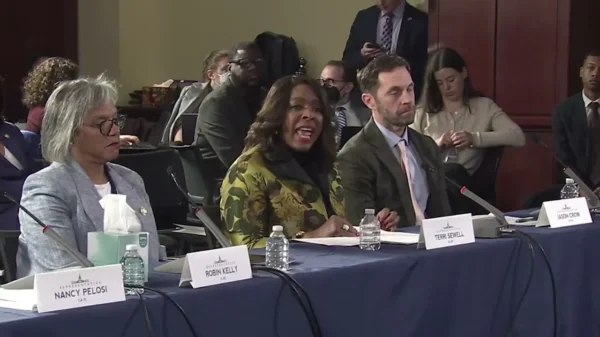The Alabama Medical Cannabis Commission, on Monday, filed an emergency motion asking a Montgomery County Circuit Court judge to halt the expedited depositions that he ordered last week until the AMCC could appeal that decision to the Alabama Court of Civil Appeals.
Judge James Anderson last week issued an order allowing a group of medical cannabis companies that were denied licenses by the AMCC to depose up to six individuals to answer questions about deviations from the licensing laws and possible violations of the Alabama Open Meetings Act. Anderson also ordered that the depositions be conducted before Jan. 19, and he allowed the plaintiffs to obtain numerous related documents through the discovery process.
On Friday, the plaintiffs filed a motion with the court declaring their intention to depose executive director John McMillan, chairman Rex Vaughn and four other AMCC commissioners. Several months ago, the plaintiffs were able to get testimony, in a limited capacity, from some AMCC staff.
Monday’s filing is now the second attempt by the AMCC to halt those depositions. Two sources close to the AMCC told APR on Monday that the order allowing the depositions has sent shockwaves through the Commission and there is a mad scramble to stop them.
The plaintiffs, in various filings, have alluded to a nefarious scheme undertaken by the AMCC to give certain companies a leg up during the licensing process, while hamstringing other applicants. They have pointed to a number of odd and seemingly purposeful actions by certain AMCC commissioners and staff members, and they’ve drawn attention to a number of questionable relationships between the AMCC and individuals tied to some applicant companies.
Monday’s filing asked Anderson to stop the depositions and discovery because the companies’ request was filed prior to those companies raising a formal complaint. Specifically, the AMCC said the plaintiffs should have first raised a formal concern over allegations that the Commission violated the Alabama Open Meetings Act.
The filing also informed Anderson that the AMCC planned to appeal his ruling to the Court of Civil Appeals.

















































